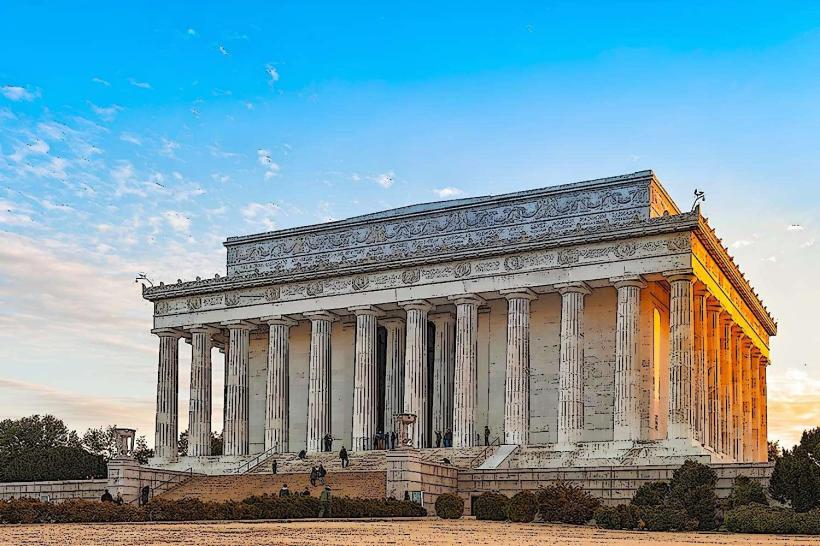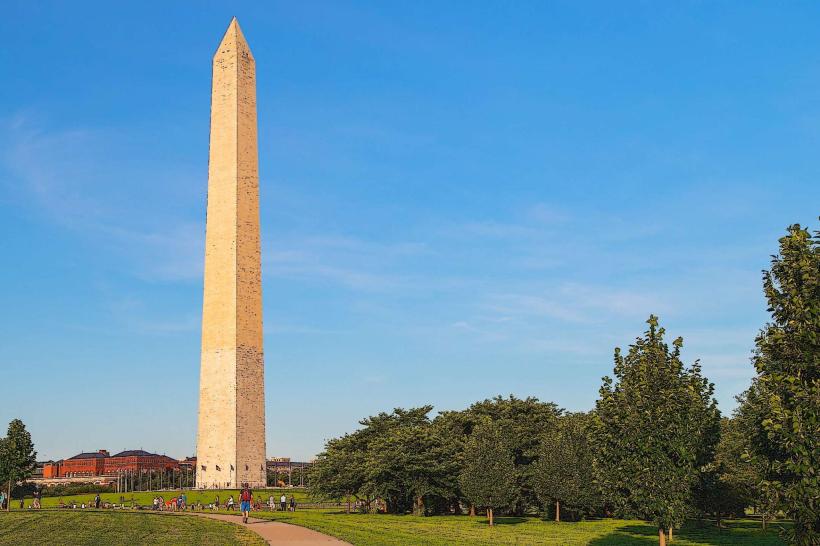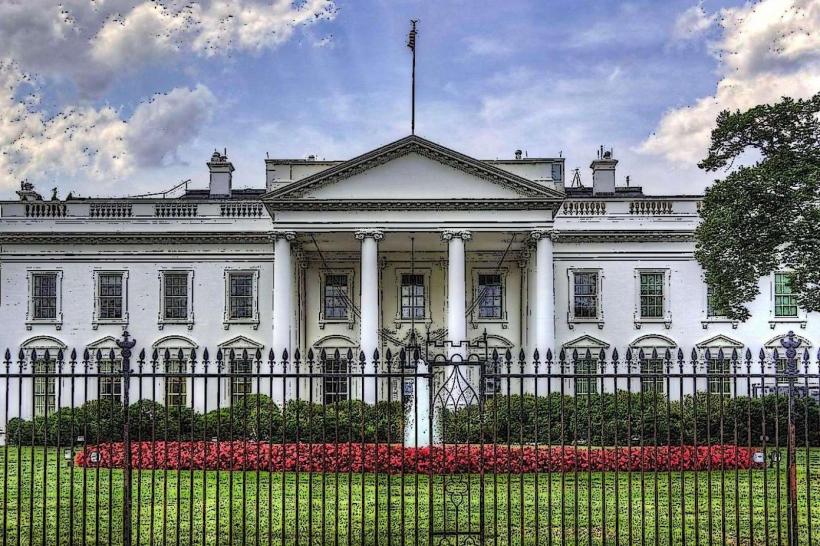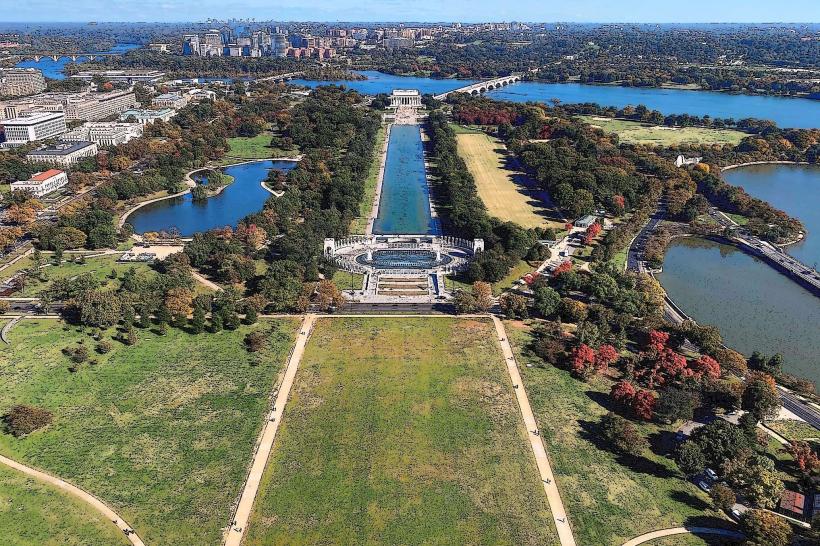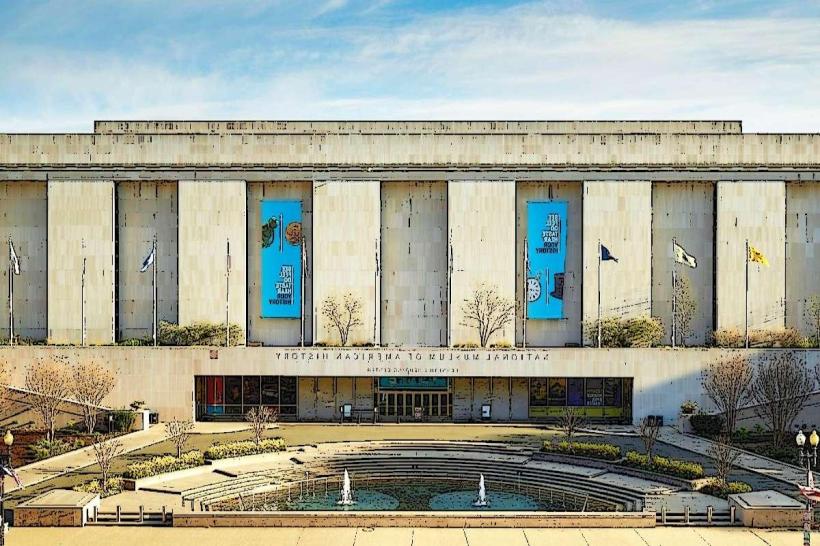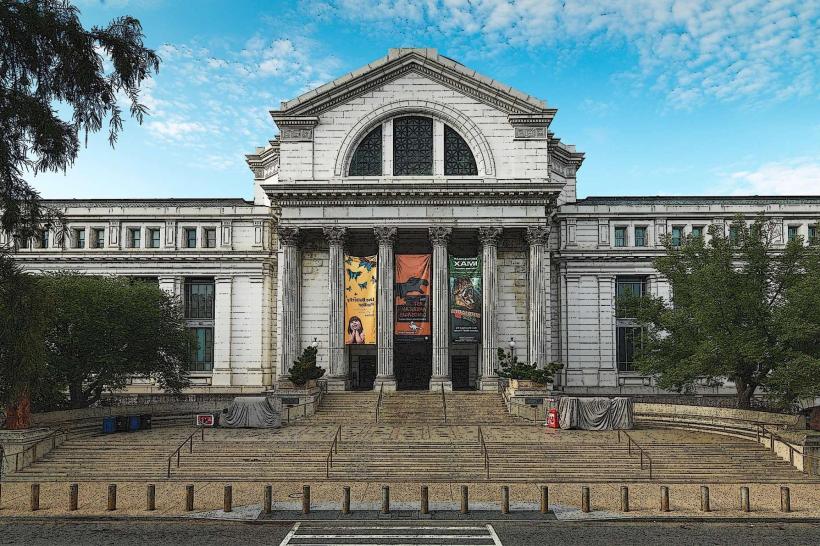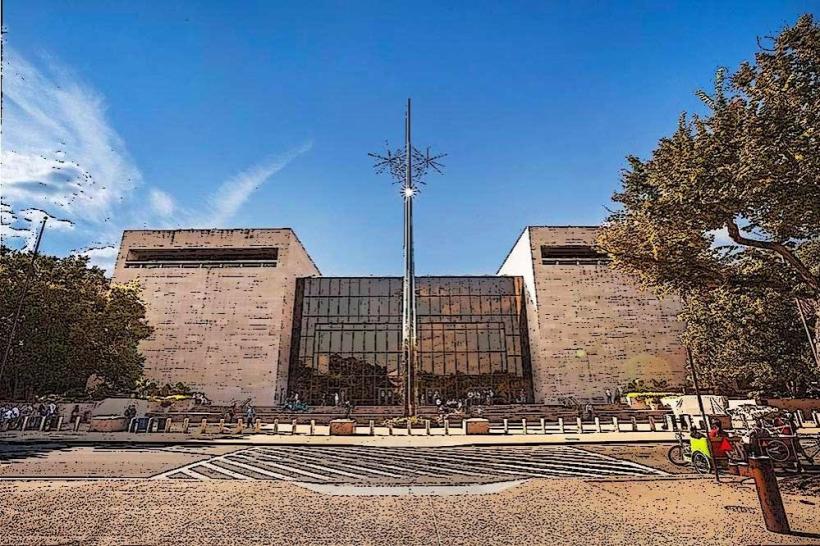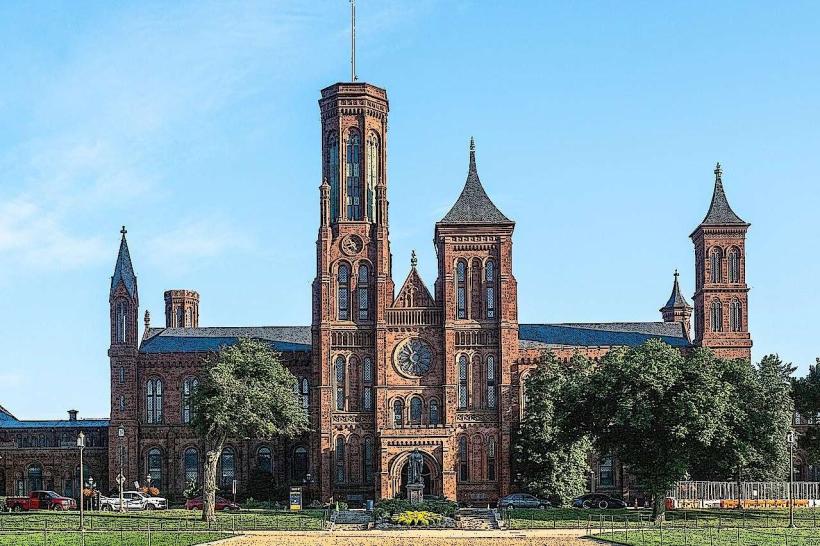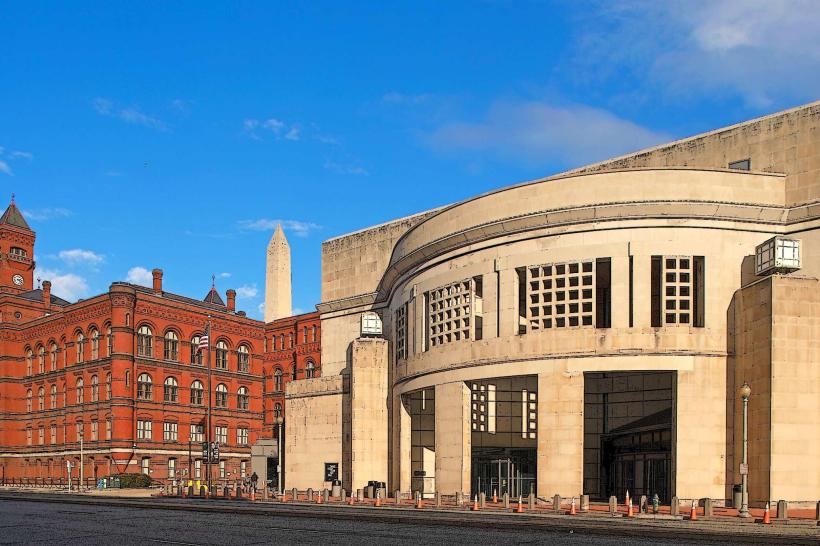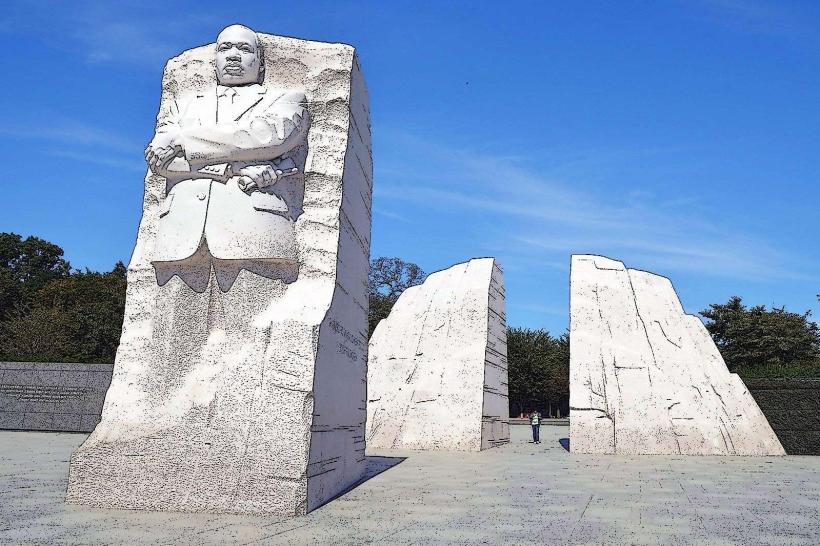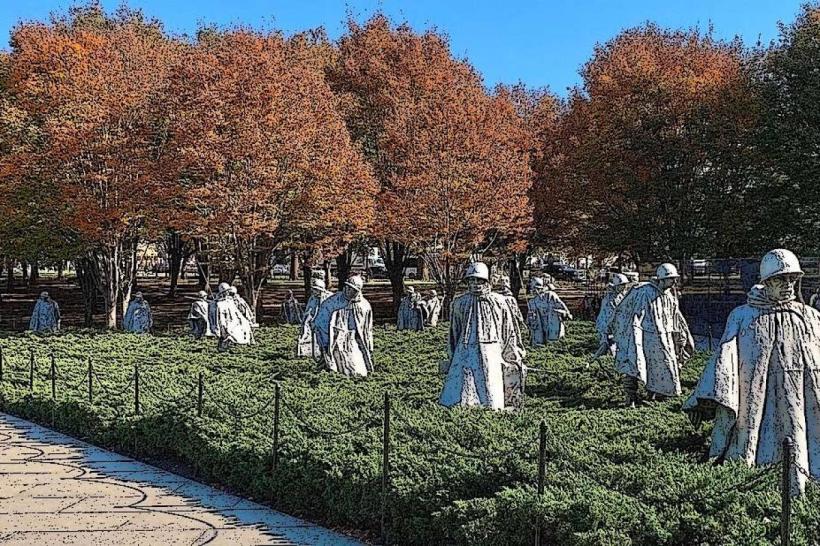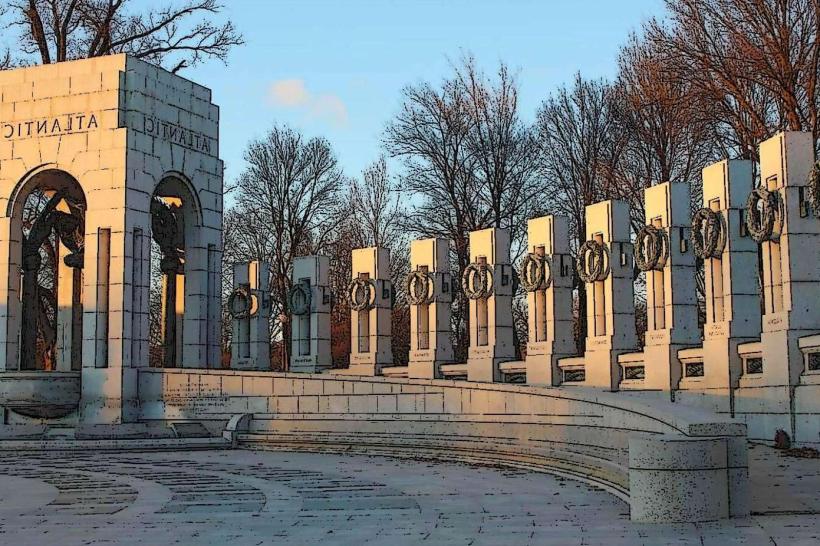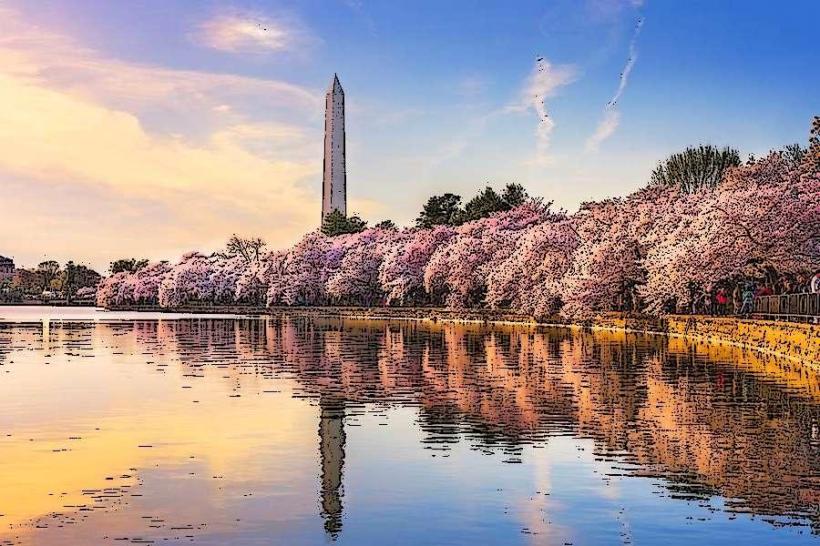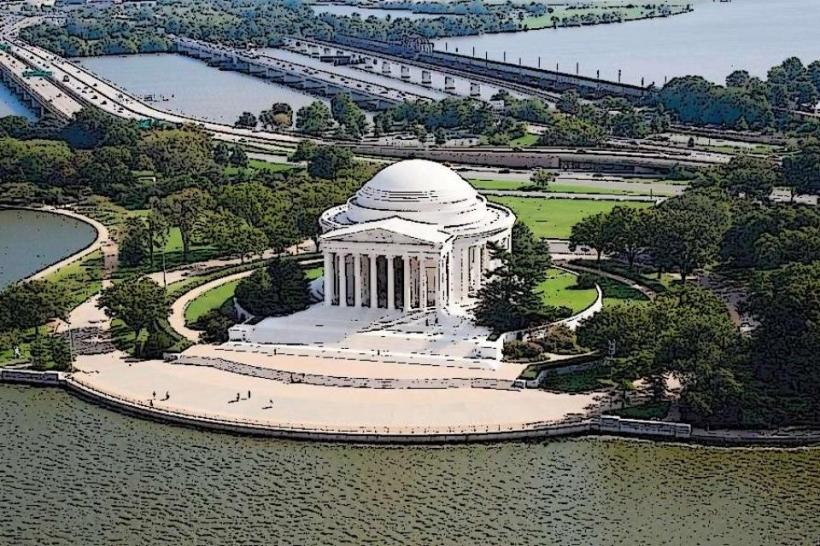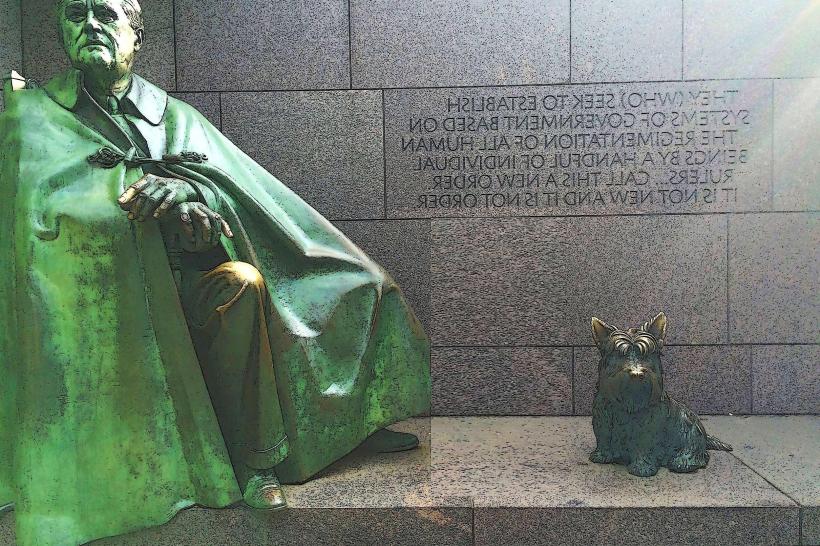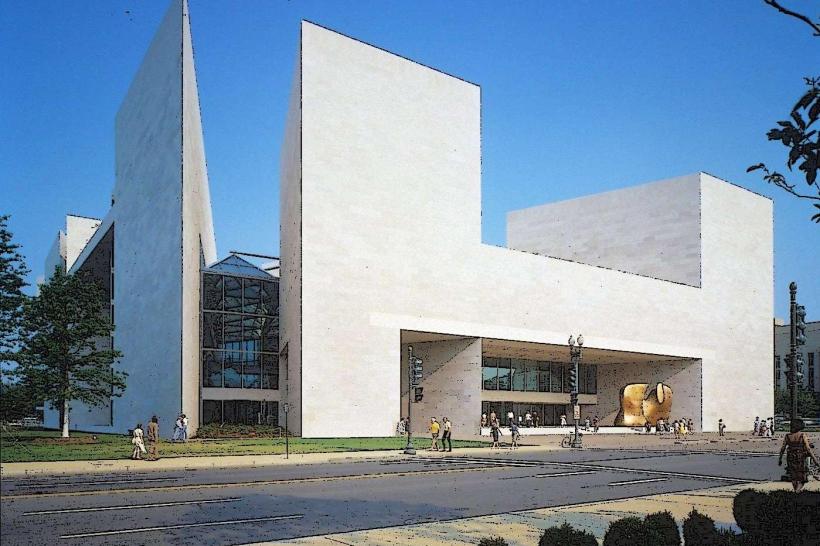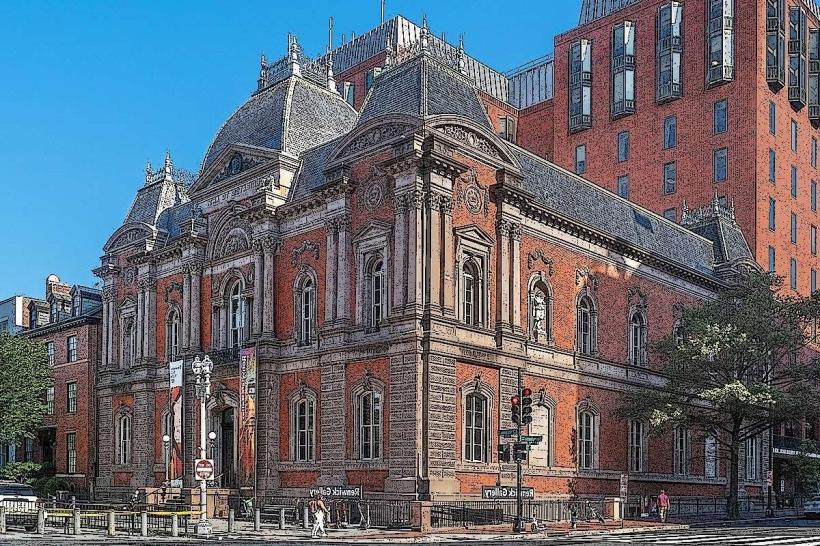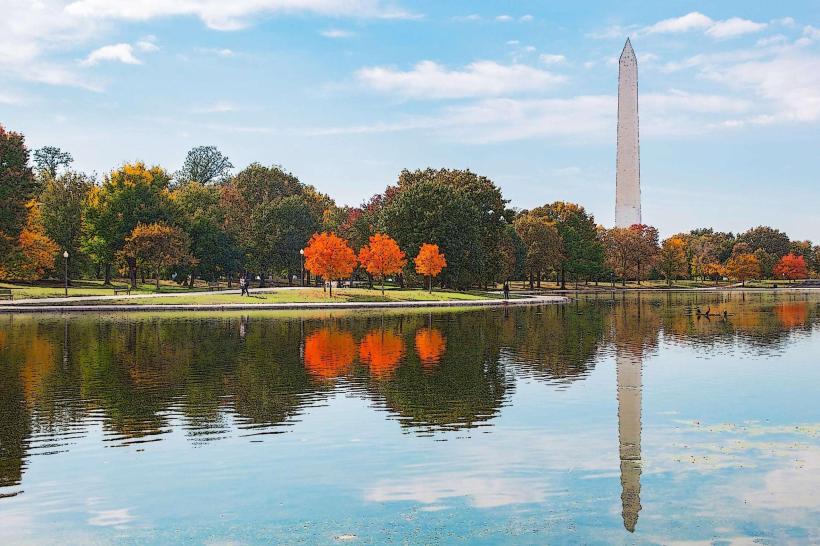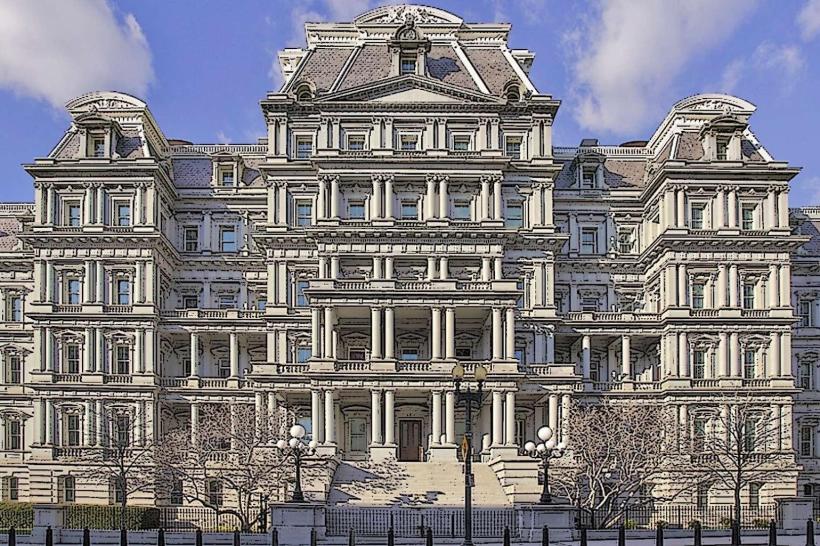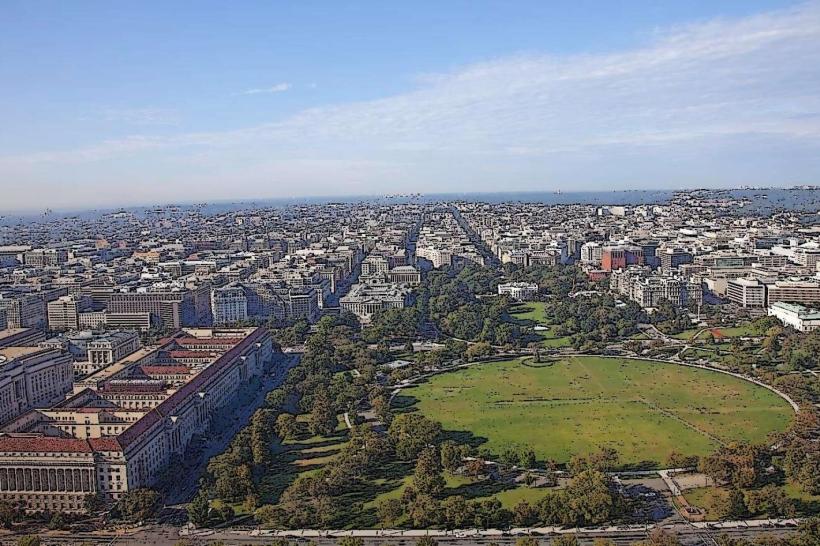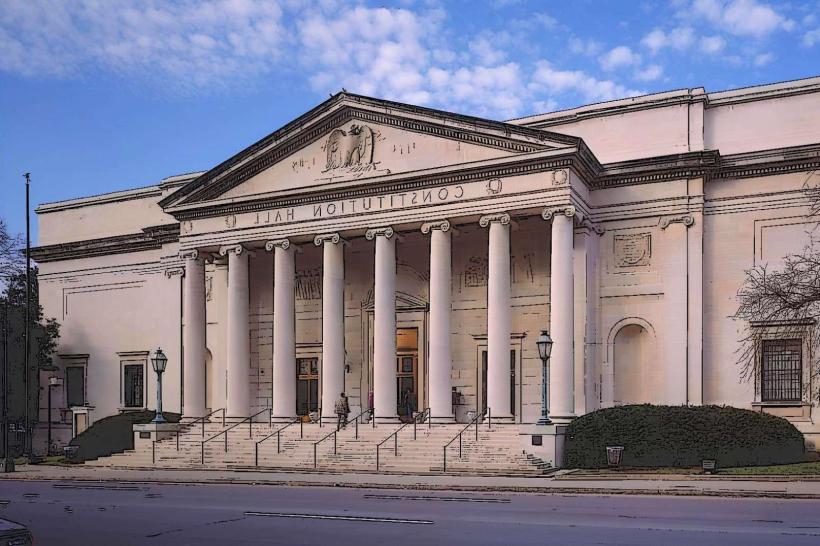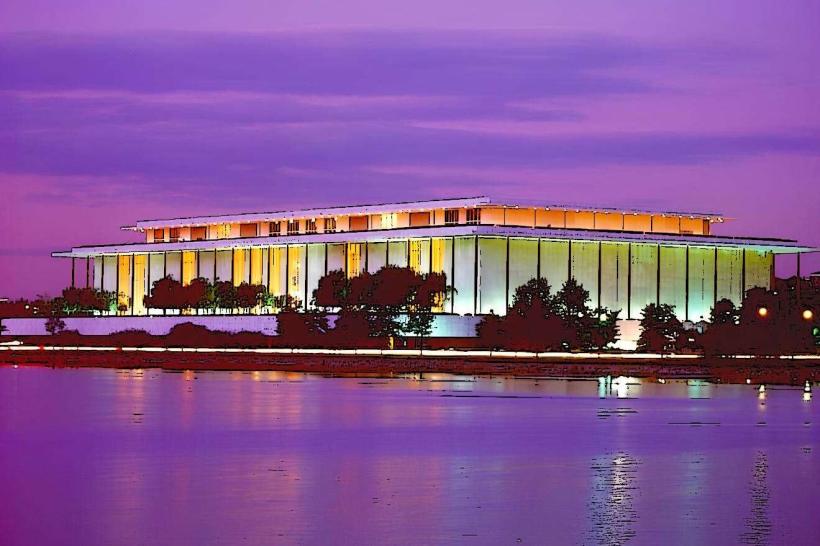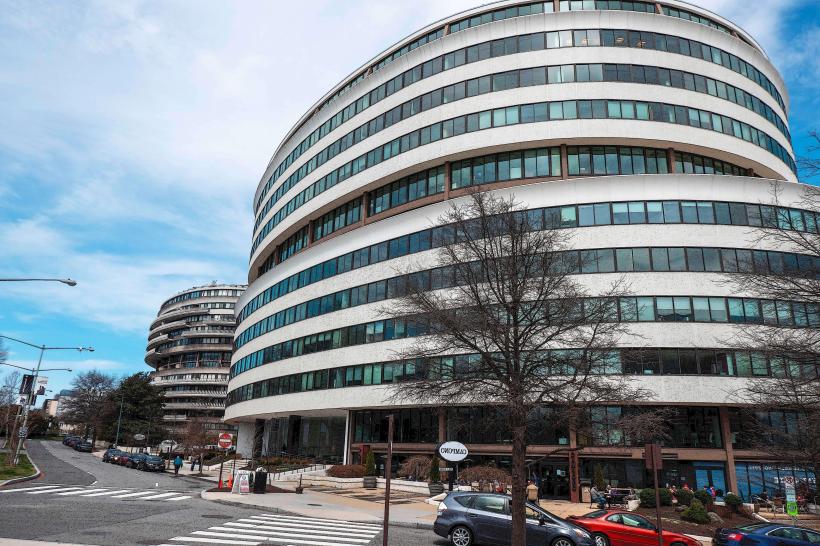Information
Landmark: Lafayette SquareCity: Northwest Washington
Country: USA Washington DC
Continent: North America
Lafayette Square, Northwest Washington, USA Washington DC, North America
Lafayette Square is a historic and picturesque public park located directly north of the White House in Washington, D.C. It forms the northern part of President’s Park and serves as a key green space steeped in American history, surrounded by significant buildings and monuments that reflect the political and cultural heritage of the nation.
Location and Layout
Situated immediately north of the White House, separated by Pennsylvania Avenue NW.
Bounded by H Street NW to the north, Jackson Place NW to the west, Madison Place NW to the east, and Pennsylvania Avenue NW to the south.
The square covers about 7 acres and is organized as a formal urban park with walking paths, mature trees, statues, and landscaped lawns.
Acts as a green buffer zone and pedestrian gathering space amid a dense area of government buildings and historic residences.
Historical Significance
Originally part of the President’s Park designed by Pierre Charles L’Enfant in 1791 during the planning of Washington, D.C.
Named in 1824 to honor Marquis de Lafayette, the French general who was a close ally of George Washington and played a vital role in the American Revolutionary War.
Lafayette visited Washington, D.C. that year, and the park was dedicated as a tribute to his contributions to American independence.
The square has served as a focal point for political demonstrations, public speeches, and social gatherings throughout U.S. history.
Design and Features
The park’s layout features wide pathways, manicured lawns, and shaded benches under large, mature trees, offering a serene environment in the midst of the city.
Landscaped with a variety of trees including elms, oaks, and maples that provide seasonal color and shade.
Central to the park is a collection of statues and monuments commemorating prominent historical figures associated with the American Revolution and early U.S. history.
Notable Monuments and Statues
Lafayette Square is renowned for its six statues of Revolutionary War heroes and foreign allies placed around the park’s perimeter:
Marquis de Lafayette – The central statue honoring the square’s namesake.
General Andrew Jackson – Later President of the United States and hero of the Battle of New Orleans.
Comte de Rochambeau – French general who collaborated with Lafayette and Washington.
Baron von Steuben – Prussian military officer who trained the Continental Army.
General Casimir Pulaski – Polish cavalry officer known as “the father of the American cavalry.”
Commodore John Paul Jones – Often called the “Father of the American Navy.”
These bronze and marble sculptures reflect the deep international roots of American independence and commemorate allies who aided the revolutionary cause.
Surrounding Historic Buildings
Lafayette Square is enclosed by a distinguished ensemble of 19th-century historic buildings, many of which have served or continue to serve important governmental or diplomatic functions:
Blair House (The President’s Guest House) – Located on the east side, used to host visiting heads of state.
Trowbridge House, Decatur House, and other historic mansions converted to offices for government officials or cultural institutions.
Several of these buildings are maintained as historic landmarks, preserving the architectural styles of the 19th century.
Political and Cultural Role
The square has long been a popular site for peaceful protests, rallies, and vigils due to its symbolic proximity to the White House.
It provides a public forum for civic engagement, where citizens can voice opinions and participate in democratic discourse.
Over time, Lafayette Square has also been the site of celebrations, festivals, and cultural events tied to national holidays and commemorations.
Restoration and Preservation
Lafayette Square has undergone multiple restoration efforts to maintain its historical integrity and landscape.
The 1960s redesign by the National Park Service restored much of its original 19th-century character.
Ongoing preservation ensures the park remains a peaceful and dignified space amid the pressures of urban development.
Visitor Experience
Visitors can enjoy leisurely walks along paved paths, shaded seating, and views of the White House across Pennsylvania Avenue.
The park offers a quiet retreat from the busy city streets while immersing visitors in the rich history surrounding the nation’s executive residence.
Its statues and monuments provide educational opportunities about the American Revolution and the international alliances that shaped the United States.
Summary
Lafayette Square stands as a symbolic and physical bridge between America’s revolutionary past and its present-day governance. Its verdant lawns, historic monuments, and elegant 19th-century architecture create a dignified urban park that honors the contributions of key figures in American independence. Serving as both a serene public space and a venue for civic expression, Lafayette Square remains a vital and cherished landmark in the heart of Washington, D.C.

